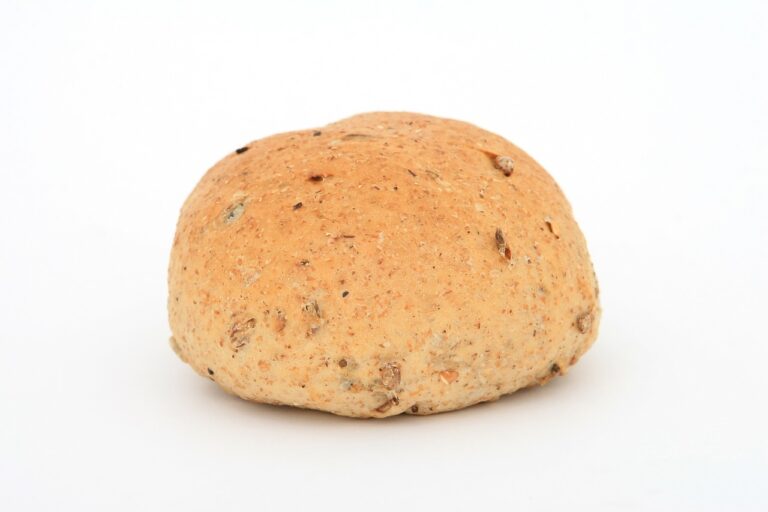The Connection Between Diet and Heart Health
A healthy diet plays a vital role in maintaining overall well-being. By incorporating a variety of nutritious foods into your daily meals, you can provide your body with the essential vitamins, minerals, and nutrients it needs to function optimally. Including a balance of fruits, vegetables, whole grains, lean proteins, and healthy fats can help support your immune system, improve your energy levels, and reduce the risk of chronic diseases.
Consuming a diet rich in whole foods can also positively impact your mental health. Studies have suggested that certain nutrients found in foods like fatty fish, nuts, seeds, and leafy greens may help alleviate symptoms of depression and anxiety. Additionally, maintaining a healthy diet can contribute to better cognitive function and improved focus, allowing you to perform at your best in various aspects of life.
Understanding the Role of Cholesterol
Cholesterol is a waxy, fat-like substance that is found in every cell of the body. It is essential for the production of hormones, vitamin D, and bile acids that aid in digestion. While cholesterol is necessary for various bodily functions, having too much of it can lead to health issues such as heart disease.
There are two main types of cholesterol: low-density lipoprotein (LDL) and high-density lipoprotein (HDL). LDL cholesterol is often referred to as “bad” cholesterol because high levels can lead to plaque buildup in the arteries, increasing the risk of heart disease. On the other hand, HDL cholesterol is known as “good” cholesterol as it helps remove LDL cholesterol from the bloodstream, reducing the risk of heart disease.
What is cholesterol and why is it important?
Cholesterol is a waxy, fat-like substance found in your body and in some foods. It is crucial for the production of hormones, vitamin D, and bile acids that help digest food.
What is the difference between LDL and HDL cholesterol?
LDL (low-density lipoprotein) cholesterol is known as “bad” cholesterol because it can build up in the arteries, leading to heart disease. HDL (high-density lipoprotein) cholesterol is known as “good” cholesterol because it helps remove LDL cholesterol from the arteries.
How does diet impact cholesterol levels?
A diet high in saturated and trans fats can raise LDL cholesterol levels, while a diet high in fruits, vegetables, whole grains, and healthy fats can help lower LDL cholesterol and raise HDL cholesterol levels.
Can genetics play a role in cholesterol levels?
Yes, genetics can influence how your body produces and processes cholesterol. This is why some individuals may have naturally high cholesterol levels regardless of their diet or lifestyle.
How often should I get my cholesterol levels checked?
It is recommended to have your cholesterol levels checked at least every five years, starting at age 20. However, if you have risk factors for heart disease, your healthcare provider may recommend more frequent testing.





